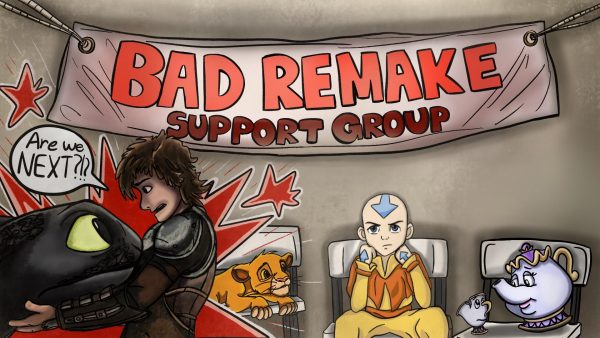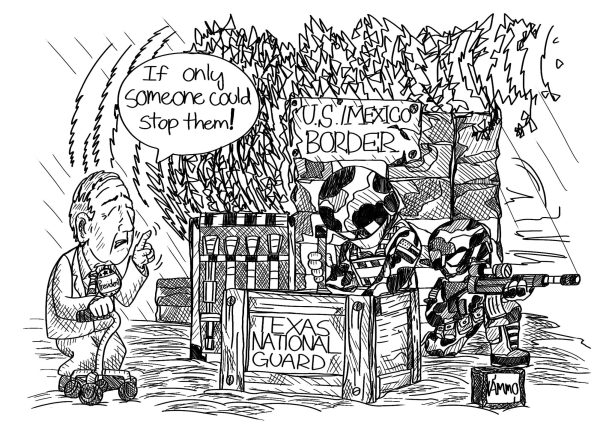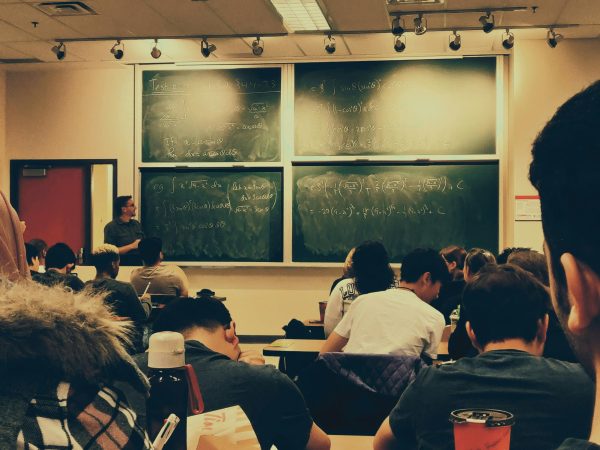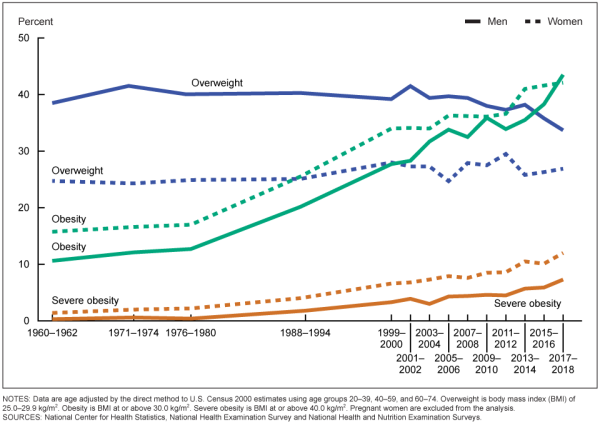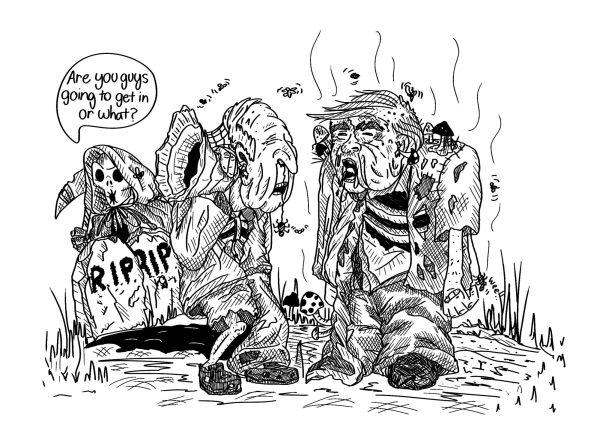The Arab Spring from a DVC perspective

Amer Araim, DVC Adjunct Professor
September 8, 2016
The Arab Spring is a political, economic and social uprising in several Arab countries against failed government polices including dictatorship, corruption, and lack of opportunities for their citizens. It began on December 17, 2010 when a police officer harassed and humiliated a street vendor Mohamed Bouazizi, who set himself on fire and died later on. That event led to wide-spread protests in Tunisia, which forced President Zine El-Abidine Bin Ali to leave the country on January 14, 2011. Tunisia is considered in a better situation than other Arab countries because the military refused to engage in politics.
The United States has extended support to the new government in Tunisia, which is facing terrorists threats. It is important that Diablo Valley College students have information about world developments, particularly in this region due to the United States’ deep involvement there, and enhance their understanding of globalization, and continuing threat of terrorism.
Libya’s uprising against the rule of Muammar Gadaffi, led to the formation on February 27, 2011 of the National Transitional Council. The United Nations Security Council, due to the brutal force used by the regime, authorized the North Atlantic Treaty Organization (NATO) to intervene leading to the regime fall on August 20, 2011. The chaos in Libya provided an opportunity for terrorist groups to control towns in Libya. The United Nations is helping to stabilize the situation, and United States troops are fighting against terrorists there.
In March 2011 there were wide-spread protests in Syria, which were crushed. Since then more than 250,000 people have been killed and has created more than 11 million Syrian refugees. The United Nations Security Council failed to deal effectively with the crisis due Russia’s support of the regime, including a bombing campaign against the opposition. The United States is opposed to the regime and has also engaged in bombing terrorists in Syria.
The uprising in Egypt began on January 25, 2011 leading to democratic elections. The Freedom and Justice Party (FJP) representing the Muslim Brotherhood won the elections. There were protests and a military coup that led to the election of General Abdul Fattah el-Sisi. The United States was reluctant to support the coup but changed its position, and aid was resumed.
Yemen is the least developed Arab country. In 2011 the people revolted against President Ali Abdullah Saleh’s rule, who forged an alliance with Houthi rebels, supported by Iran. The United Nations has been conducting negotiations between Saleh and the Houthis and the opposition. The United States supports these efforts, and targets terrorists, which also hurts civilians. Bahrain has been facing protests by the Shiite majority against the government, which is accused of sectarianism. The government complains that Iran is trying to control the country. The United States considers Bahrain as an ally, and hopes to solve this question by peaceful means.
The Iraqi situation has been deteriorating since the United States invasion in 2003. The sectarian policies and corruption of the government are worsening the situation. According to Transparency International, Iraq is among the most corrupt countries in the world. The continuing suffering of the Sunni Arab community led to wide-spread protests in their areas, however, their plight was further deteriorated because the terrorist group the Islamic State of Iraq and Syria (ISIS) has been active there. President Barack Obama ensured the withdrawal of American troops from Iraq, however, they are fighting ISIS today in Iraq. Iran is intervening in Iraq, which is a nightmare for to many Arab countries, and despair and anguish to the Iraqi Sunni Arab community.
The United States has played active roles in all these countries. Therefore, DVC students are encouraged to get information on these and other global developments, diversify their sources of information and utilize their knowledge for peace, democracy and prosperity in the world. They can contribute by becoming involved in DVC clubs’ activities, attend informational meetings, and write letters to United States elected officials, the United Nations Secretary General and the media.





































































